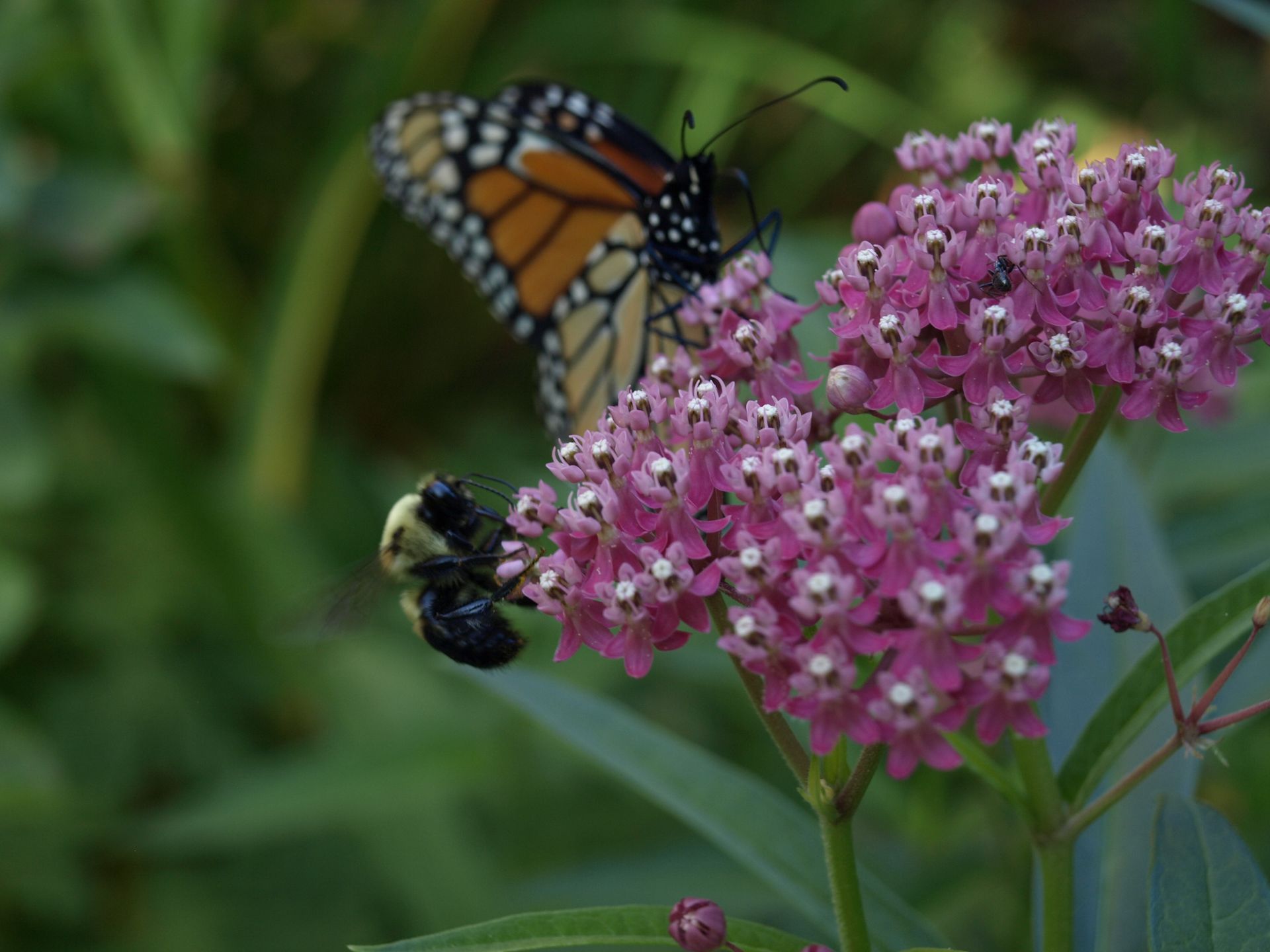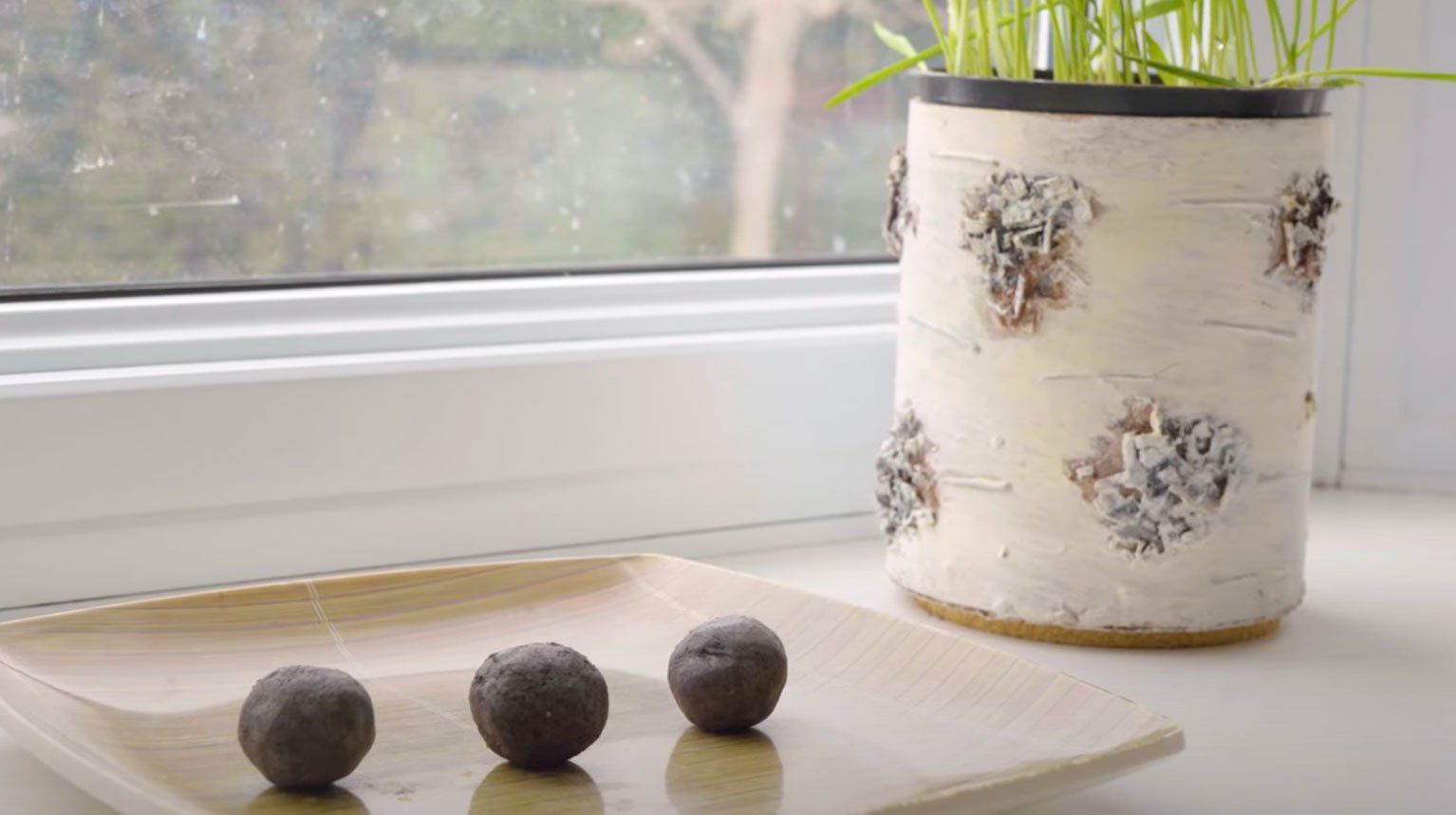POLLINATORS
Explore all of our POLLINATOR resources
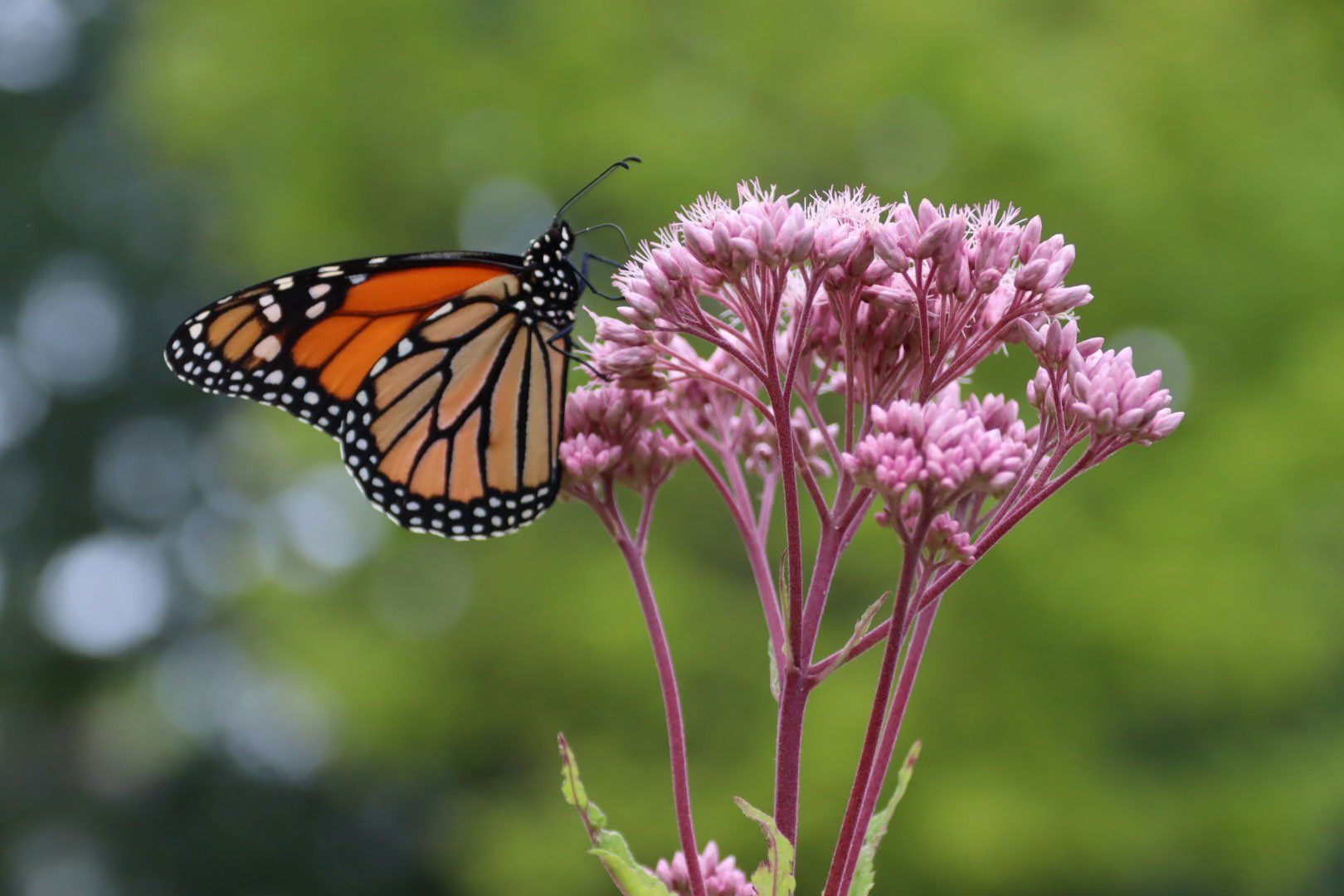
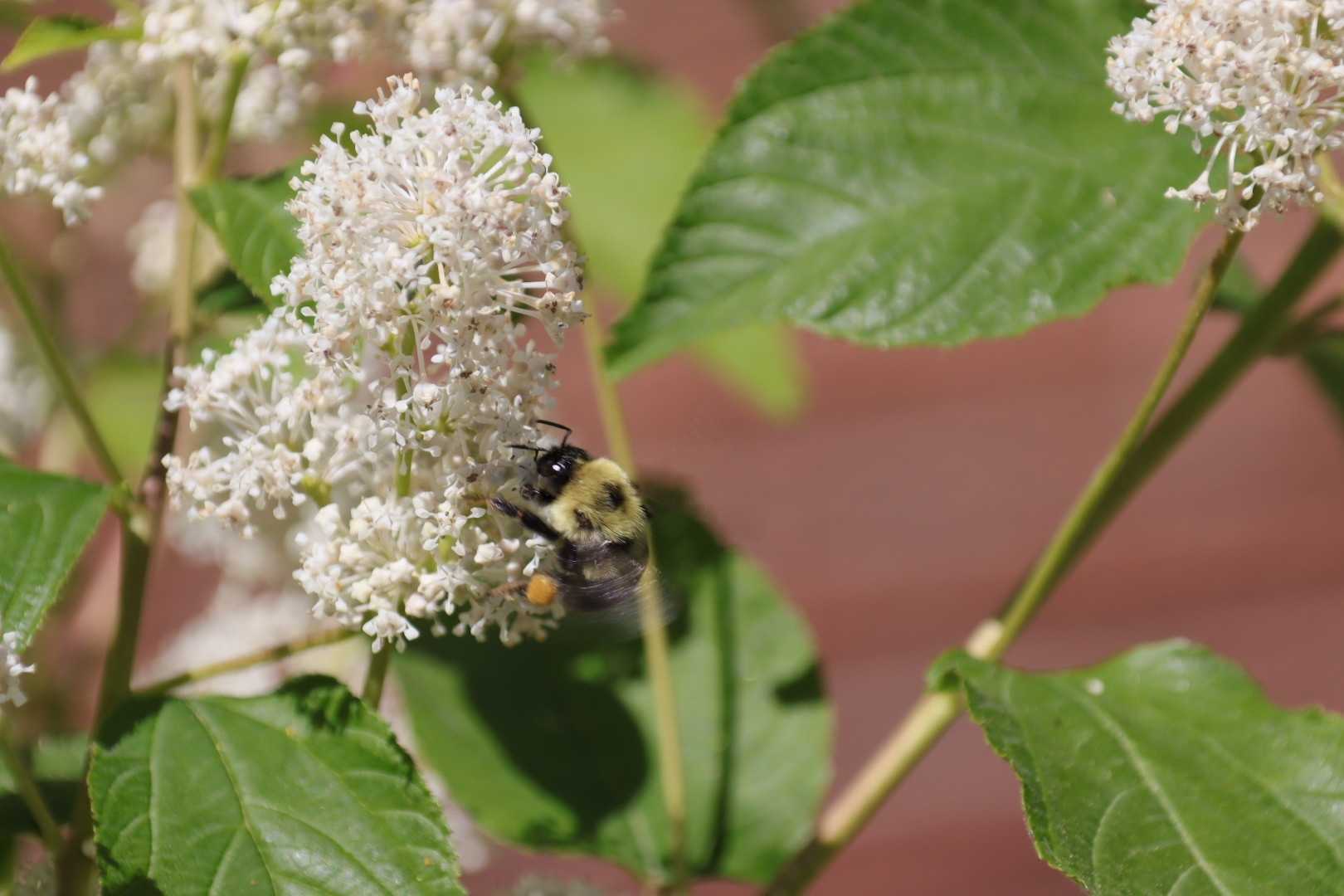
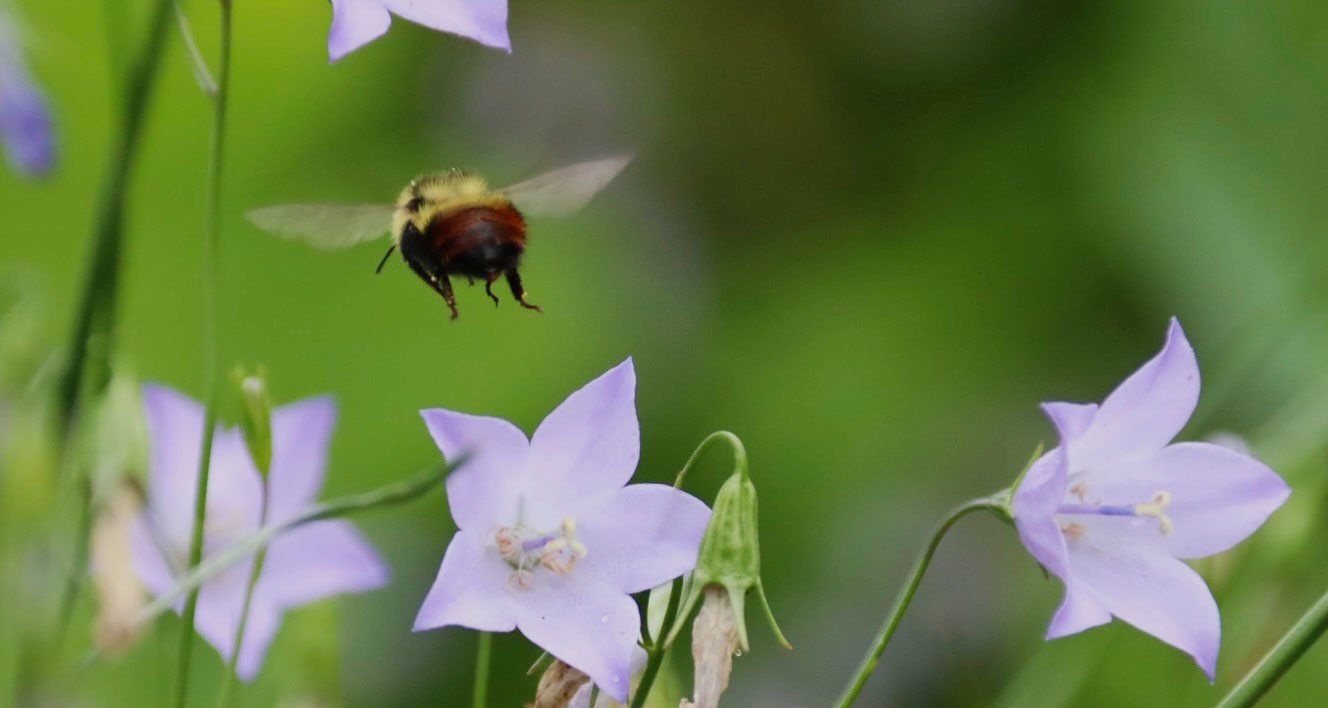
SIGN UP FOR OUR NEWSLETTER
Our monthly e-newsletter, Oakvillegreen Insider, is an ideal way to stay in touch, learn of upcoming events, and advocate for current issues in the community.
CONTACT US
CANADIAN REGISTERED CHARITY #848592010RR0001
As stewards of the earth, we have the responsibility to honour and respect the four directions, land, waters, plants, animals, and ancestors that walked before us, and all of the wonderful elements of creation that exist. Oakvillegreen respectfully acknowledges that our work with the community takes place within the Treaty Lands and Territory of the Mississaugas of the Credit First Nation, represented by Treaty 14 and Treaty 22, and on the traditional territories of the Anishinaabeg (Ah-nish-in-nah-beg), Attawandaron (At-tah-wahn-da-ron), Haudenosaunee (Ho-den-oh-sho-nee) and Metis peoples. We honour these rightful caretakers of this sacred land surrounding the Great Lakes, and we are grateful for their teachings.
All Rights Reserved | Oakvillegreen Conservation Association
Site Designed & Developed By Client First Web Design & Graphics

